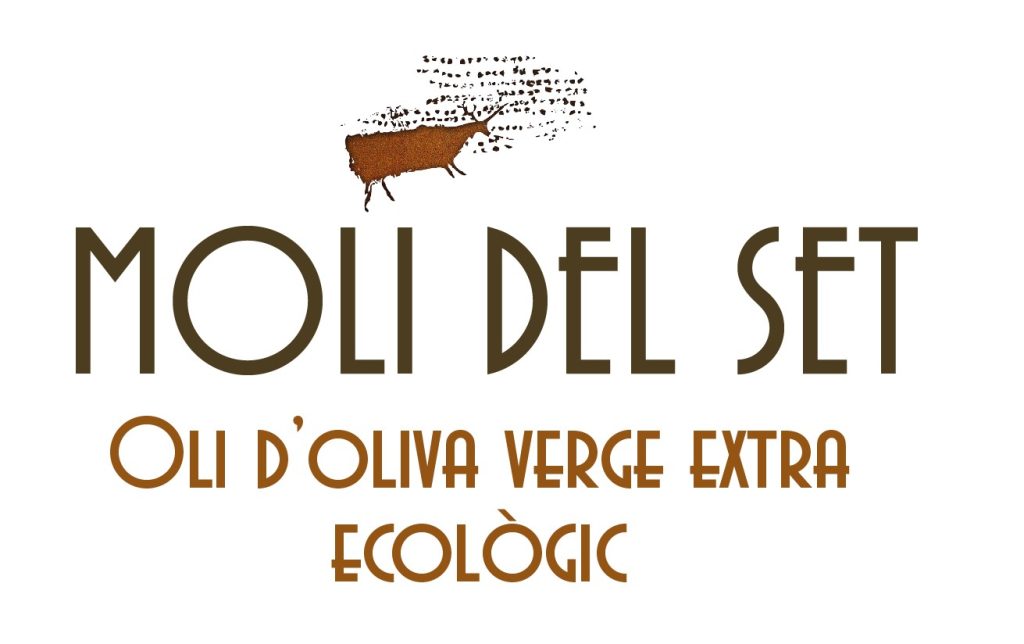Català
Estem treballant en la nova web del Molí del Set.
Molt aviat podràs gaudir de tota l’essència dels nostres olis online.
Per a qualsevol dubte, ens pots escriure a: agromoli@agromoli.com
Ens veiem aviat!
Castellano
Estamos trabajando en la nueva web del Molí del Set.
Muy pronto podrás disfrutar de toda la esencia de nuestros aceites online.
Para cualquier duda, puedes escribirnos a: agromoli@agromoli.com
¡Nos vemos pronto!
English
We are working on the new Molí del Set website.
Very soon you will be able to enjoy the full essence of our olive oils online.
For any questions, feel free to contact us at: agromoli@agromoli.com
See you soon!
